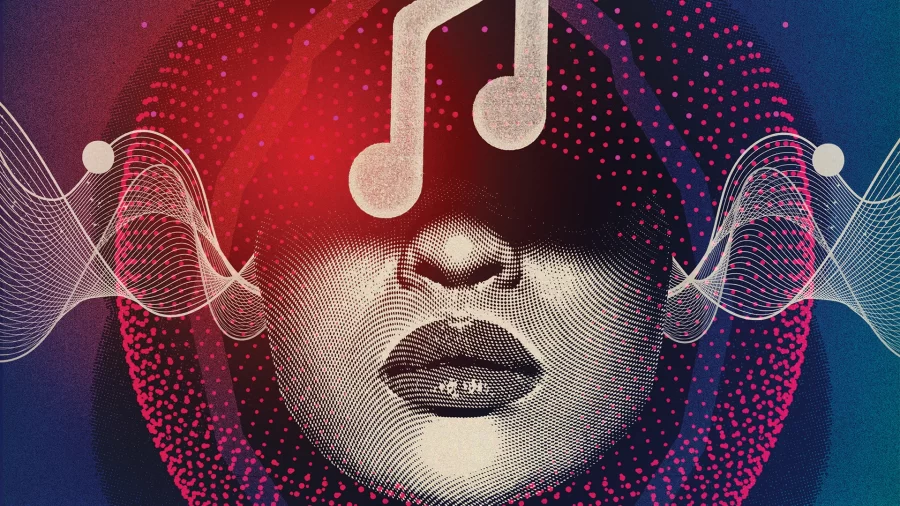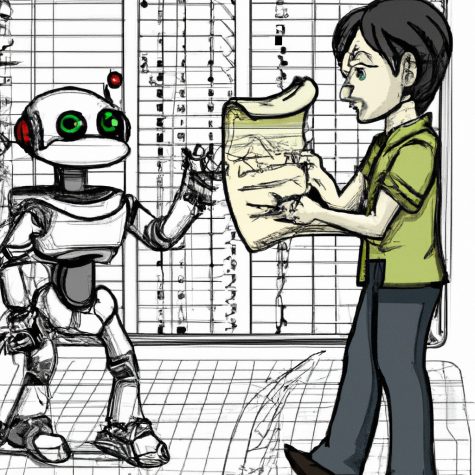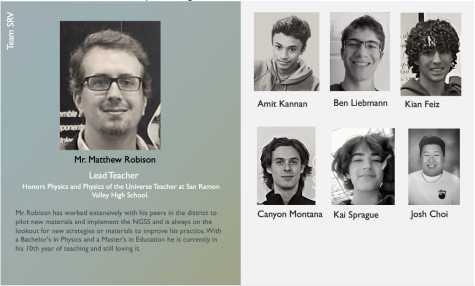The Social and Psychological Aspects of Music
On an unassuming night in 1964, a ten-year-old boy named Jermaine, with his two older brothers Tito and Jackie, broke a string on their father’s guitar by accident during a secret practice session. Ashamed of their clumsiness, they presented the broken guitar to their father, Joseph, who commanded his children to demonstrate the music they were so intent on practicing, likely to humble them further. Instead, Joseph, a crane worker with musical ambitions, was quite impressed with his children’s musical ability, and encouraged them to hone their talents and perform in front of live audiences, along with their brothers.
The moment proved transformational in the history of music; the Jackson 5, as they came to be known, struck a chord in the world of 60’s music, and perhaps more impressively, fostered a young Michael Jackson’s talent; Michael would grow to not only epitomize the music of his era but, indeed, define it, and the innovations he brought as the “King of Pop” are still felt in music today. Fifty-nine years after the rise of the Jackson 5 and forty-four years after Michael Jackson’s debut album, billions of people consider themselves avid fans of the auditory arts.
Many listen to music daily, a hobby heavily streamlined in the age of digital downloads and playlists that fit in the palm of your hand. Music in the modern era has evolved to be so commonplace that many listeners can describe and define themselves by the genres they most enjoy, by the artists they most sympathize with, and by the albums they most favor. The correlation between music and personality is such that relationships of any level can be forged with music taste as a baseline; similar tastes may connect kindred spirits, serving as a means of connection to our peers, even in a constantly changing and evolving social environment like high school.
While both the teenage social hierarchy and the musical fads are ever changing, diversity in music taste remains constantly varied and, in a sense, deeply intimate. Shahram Heshmat documents on Psychology Today music’s ability to release oxytocin within the brain, a hormone associated with feelings of love and trust; he concludes his article by identifying oxytocin as “a hormone that plays a large role in social interactions and social bonding. Participation in musical activities can help individuals who lack self-confidence and trust, and feel socially excluded” (Heshmat). “Music is a way for people to express themselves to many other people, in a way that feels very personal,” Roman Kamenetsky writes.
Roman, a junior, has chosen to follow his passion for music as the Jackson 5 did sixty years ago; he is currently enrolled in Symphonic Band, Jazz Band, Marching Band, Orchestra, and AP Music Theory at our very own San Ramon Valley High School. His favorite song currently is “The Villain I Appear to Be” by Connor Spiotto, due to its use of tempo and instrumentation to convey emotion, as well as a balance between taking its time and speeding up. Roman believes E. Y. Harburg can best summarize music’s appeal within a single quote; “Words make you think a thought. Music makes you feel a feeling. A song makes you feel a thought.” A song is, essentially, a symphony of syntax, semantics, and emotion, blending seamlessly into each other to form something that is wholly new and unabashedly unique.
Imagine Dragons’ “Amsterdam,” the song I am listening to as I write this, employs a hesitant buildup and slow vocals, a stark contrast to Maroon 5’s “Maps” with its fast and frantic electronic chorus, yet both utilize the piano and the guitar as its main instruments. “Amsterdam” wistfully recalls a lost time, while “Maps” laments a lost love; the implications of the lyrics may not be obvious, yet there is still a clear difference in tone that any casual listener can pick up, further reinforcing the diversity and self-expression music represents. “Maps” also happens to be one of Alexa Brown’s favorite songs, the other being “Teeth” by 5 Seconds of Summer.
Alexa, a junior at SRVHS, personally enjoys music due to its soothing effect, noting that it “puts me in a better mood no matter the circumstance,” harkening back to Heshmat’s findings about music’s association with oxytocin. Like Roman and Harburg, Alexa believes that music’s appeal lies in its ability to make life “more rich and colorful (figuratively of course). Like you never watch a movie or have a really fun time and there isn’t music at least in the background.” Alexa’s beliefs, as well as Roman’s and Harburg’s, reinforce the concept of music as a medium through which to experience life; it adds another layer of sensory encoding that further augments even trivial tasks to your brain.
Not only is it scientifically proven to boost your capability to focus on mundane tasks (see: https://pubmed.ncbi.nlm.nih.gov/32748062/ “…These findings show for the first time that preferred background music can enhance task-focused attentional states on a low-demanding sustained-attention task…”) and reduce stress within hospitalized patients (see: https://pubmed.ncbi.nlm.nih.gov/34347757/ “…After listening to music for 30 minutes, patients reported significantly lower pain and anxiety….”), music can also help immortalize events within your long term memory because of the multisensory information it gives to the brain.
To give a brief rundown, experiences deemed relevant enough to escape short term memory (which holds 5-7 items at a time and only lasts a few seconds) are encoded into long term memory (infinite space and infinite longevity); the long term memory is split between explicit (declarative) memory and implicit (nondeclarative) memory, the difference being that explicit memories require conscious effort to encode and recall, while implicit memories are unconsciously encoded and easily recalled without effort. Music in the background is often encoded into implicit memory, which means that a song you heard on the radio as a child will evoke the same memories of joy and blissful innocence during later years, without requiring a conscious effort to recall; it will just happen.
These implicit memories are so deeply encoded within our brain chemistry that it can even break through the haze of Alzheimer’s; the aforementioned Shahram Heshmat writes that “Those suffering from dementia can retrieve vivid memories by listening to music they heard when they were young. Despite profound memory loss and even a loss of knowledge about who they are, individuals with dementia often show a remarkable memory for music” (Heshmat). Music is such a powerful stimulus to the brain that it can elicit emotions and memories that are long forgotten, and would be, under any other circumstance, irretrievable.
In short, music is psychologically proven to be soothing and remedial to the human brain, raising oxytocin levels, lowering oxytocin levels, increasing focus, and enhancing memory. Memory is not the only thing music enhances, however; an anonymous student believes it also contributes to more vibrant individual cultures, as well as connecting tissue for the culture of humanity as a whole. He writes that music “…brings together people from all walks of life. You could say that music and food are related in the way that both are common ground that all cultures share…. And there’s a keyword, fusions, music brings so many aspects of the world together to create something that can be enjoyed by everyone.”
The Jackson 5, for instance, wholeheartedly represented African-American music in their time, melding aspects from the Harlem Renaissance as well as more modern pop to create a distinct style known now as “bubblegum pop.” Their popularity, as well as young Michael’s future career, were huge contributing factors to the resurgence of pop-soul in the late 70’s; the genre and, indeed, the industry as a whole would not exist as it does today without the influence of five brothers and their passion for music.
Finally, music serves as an escape from reality for many people; when we have a bad day, many of us turn to our playlists to cheer us up. The anonymous student writes that music to him personally “is an escape. If the world ever becomes ‘too much’ I know I can plug in my headphones turn on my comfort song and just drift. Often in my darkest moments I’ve turned to music to just shut everything out.” Their favorite song is currently “Talkin’ Bout a Revolution” by Tracy Chapman, mostly because of the message it delivers about everyday people gathering to promote social or political change.
To conclude, music is an experience without which life would be sorely lacking. It tells stories, enhances memory, and, perhaps most importantly, connects us all to each other. And, of course, it has psychological benefits as well, reducing stress and encouraging trust and memory. And, above all else, music still has one function more important than anything: the power to inspire.
Roman aspires to become a musician and follow his dream, walking in the footsteps of giants yet ambitious and talented enough to fill them; “Talkin’ Bout a Revolution” sings of the winds of change and urges the everyman to take action for his beliefs; and the Jackson 5 nurtured one of the greatest singers and, arguably, one of the most influential artists in American history.
Music is, for all intents and purposes, life; songs are entirely capable of encapsulating the human experience in a mere three minutes of auditory stimulation. It inspires humanity to be better, to form connections, and most importantly, to be happy. By surrounding ourselves with the songs we love, we often inadvertently benefit both our mental and social health. So next time you’re feeling alone or afraid, don’t hesitate to turn on music and let yourself get lost in a symphony that not only augments life, but truly embodies it.
Works Cited:
“Jermaine Jackson.” Biography.com, A&E Networks Television, 27 Apr. 2021, https://www.biography.com/musician/jermaine-jackson.
“Michael Jackson.” Biography.com, A&E Networks Television, 12 Sept. 2022, https://www.biography.com/musician/michael-jackson.
Vincent, Rickey. “Michael Jackson”. Encyclopedia Britannica, 3 Nov. 2022, https://www.britannica.com/biography/Michael-Jackson. Accessed 17 January 2023.
Heshmat, Shahram. “How Music Brings People Together.” Psychology Today, Sussex Publishers, 30 Nov. 2021, https://www.psychologytoday.com/us/blog/science-choice/202111/how-music-brings-people-together.
Kiss, Luca, and Karina J Linnell. “The Effect of Preferred Background Music on Task-Focus in Sustained Attention.” Psychological Research, U.S. National Library of Medicine, 3 Aug. 2020, https://pubmed.ncbi.nlm.nih.gov/32748062/.
Miller, Chari R, et al. “Music to Reduce Stress in Hospitalized Patients.” Nursing, U.S. National Library of Medicine, 1 Aug. 2021, https://pubmed.ncbi.nlm.nih.gov/34347757/.
Heshmat, Shahram. “Why Does Music Evoke Memories?” Psychology Today, Sussex Publishers, 14 Sept. 2021, https://www.psychologytoday.com/us/blog/science-choice/202109/why-does-music-evoke-memories#:~:text=Music%20evokes%20powerful%20emotions%20that,implicit%20memory%20and%20explicit%20memory.











